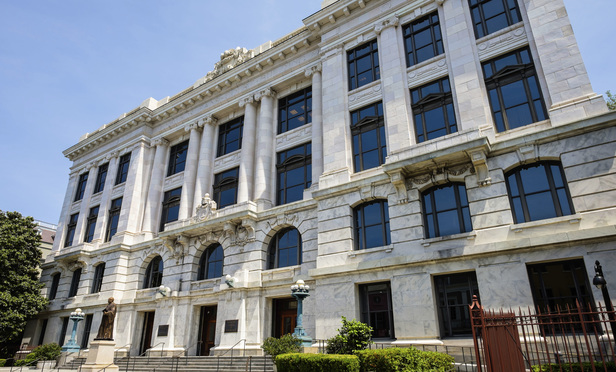When I served as chief justice of Louisiana in 1990, Associate Justice James Dennis (now a judge on the U.S. Court of Appeals for the Fifth Circuit) and I dissented when the Louisiana Supreme Court denied review to a death row inmate named Curtis Kyles. Kyles had petitioned the court for relief on his claims that his due process rights were violated when prosecutors suppressed exculpatory evidence at his death penalty trial in New Orleans in 1984.
Five years later, the U.S. Supreme Court reversed Kyles’ conviction and death sentence on those precise grounds in Kyles v. Whitley, an important precedent in the Brady v. Maryland line of cases that governs the prosecution’s obligation to disclose evidence that is favorable to the defendant in criminal trials.
This content has been archived. It is available through our partners, LexisNexis® and Bloomberg Law.
To view this content, please continue to their sites.
Not a Lexis Subscriber?
Subscribe Now
Not a Bloomberg Law Subscriber?
Subscribe Now
LexisNexis® and Bloomberg Law are third party online distributors of the broad collection of current and archived versions of ALM's legal news publications. LexisNexis® and Bloomberg Law customers are able to access and use ALM's content, including content from the National Law Journal, The American Lawyer, Legaltech News, The New York Law Journal, and Corporate Counsel, as well as other sources of legal information.
For questions call 1-877-256-2472 or contact us at [email protected]





